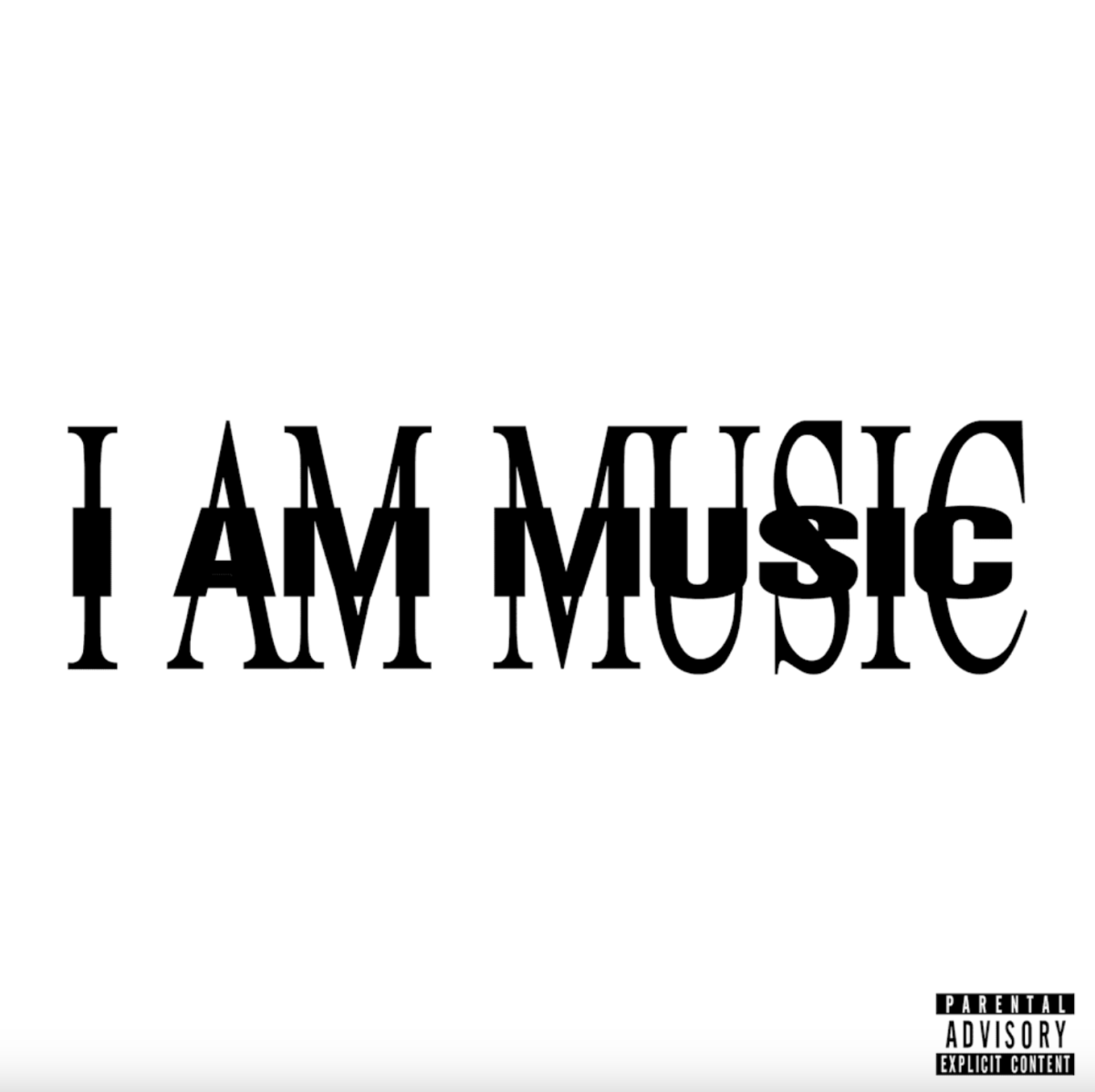
In terms of popularity, Joji’s status as a musical artist is an enigma. The musician has been featured on a myriad of interviews and promotions and is treated as a sensation by the internet. However, no one considers his music to be mainstream, as it is rarely played on the radio. So, when Joji released Smithereens, I couldn’t help but wonder if I was the only one who had been waiting for the album.
Two years ago, I was introduced to Joji’s music. His second album, Nectar, had just been released, and my brother, a self-acclaimed music connoisseur, kept telling me to give his music a try. At first, I only listened to his “hits,” which were usually the songs with the most streams. I initially thought that his music style wasn’t for me. But as I continued listening, I became curious enough to listen to the entire album, which led to all of his music, as there is only one other album. It took me a long time to get used to his experimental music style, but I eventually came to love it, and Joji became one of my favorite artists.
Smithereens released on November 4, 2022. I was pretty wary of how it would sound; his first two albums set the bar high for me, and I was worried that his newest album wouldn’t meet up to those expectations. I put off listening to it for as long as I could, but a few days later, I ended up listening to the album anyway as background music.
When I listened to Smithereens for the first time, I tried not to judge the music and attempted to listen with an open mind. Unsurprisingly, I didn’t think too highly of it. There were a few songs that were great, but they were put in the first half of the album, so the second half of the tracks felt disappointing. It felt like the non-hit songs were only there to serve as filler: the melodies of songs like “Before The Day is Over” have melodies that sound remarkably less thought out than the hits, and its verses were noticeably more repetitive than those of the last two albums.
But then, I realized that I wasn’t really paying attention to the actual music; I was overthinking the details based on his previous “signature sounds” rather than focusing on the new type of melody introduced in Smithereens. I gave the album another try, and I actually really liked it. The songs held a lot of emotion while still having a melancholy beat, which I enjoyed. There was more variety in the mood of each song than in the last album, and Joji showed no problems in striking a balance between the instruments and singing in each song; “Glimpse of Us” displays this perfectly, using nothing but piano accompaniment to bring attention to the beauty of the song in the lyrics, harmony, and Joji’s voice. Other songs like “Feeling Like The End” utilizes synthesized beats and a wide variety of instruments to create a more complex melody.
At the same time, it’s important to recognize that Smithereens music falls under so specific of a genre that I would argue he has created a whole new genre altogether. The album uses elements from several other genres of music besides alternative R&B, which Joji’s usually labeled as – the beats are mellow enough to be lo-fi but use bass and have lyrics that would classify the songs as emocore if the instrumentals were less upbeat. A perfect example of this is “NIGHT RIDER”, whose elements combined seem conflicting but leads to a great end result in sound.
I think that Joji’s music isn’t considered popular for the same reason that I didn’t like his music when I first heard it: it has a unique sound that’s often an acquired taste. At first, it can be hard to notice anything other than the offbeat notes or the reverberations in his voice that give the song a totally different mood. However, if you listen to the music a little bit more, it’s much easier to notice the better qualities of the song. The harmony, the instrumentals, and maybe even the offbeat notes that felt awkward before start to sound better after giving it another try.
Overall, Smithereens offers a variety of sounds that invites fans of all music genres to listen to and enjoy. It’s a great album to listen to for any type of mood and any type of person.

















